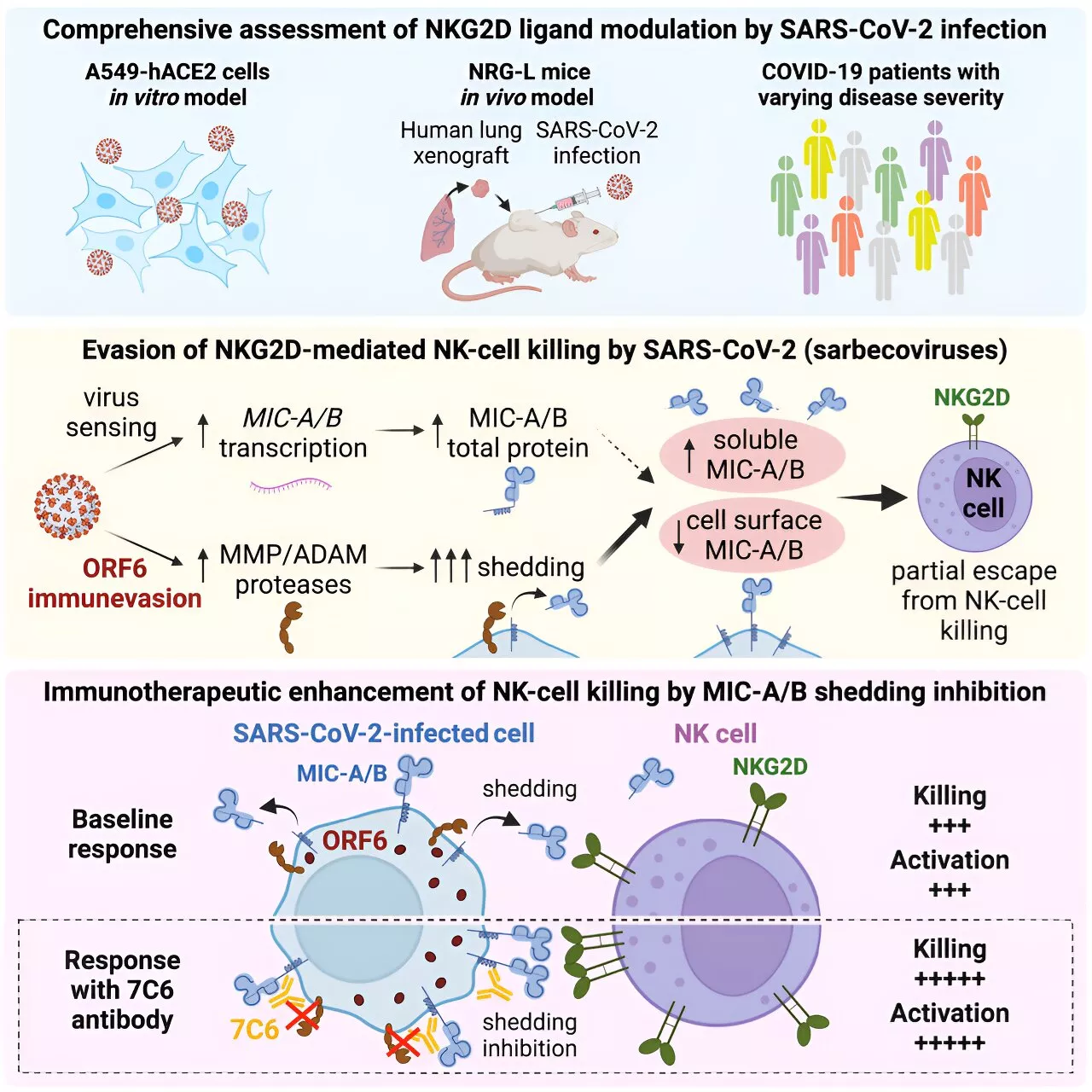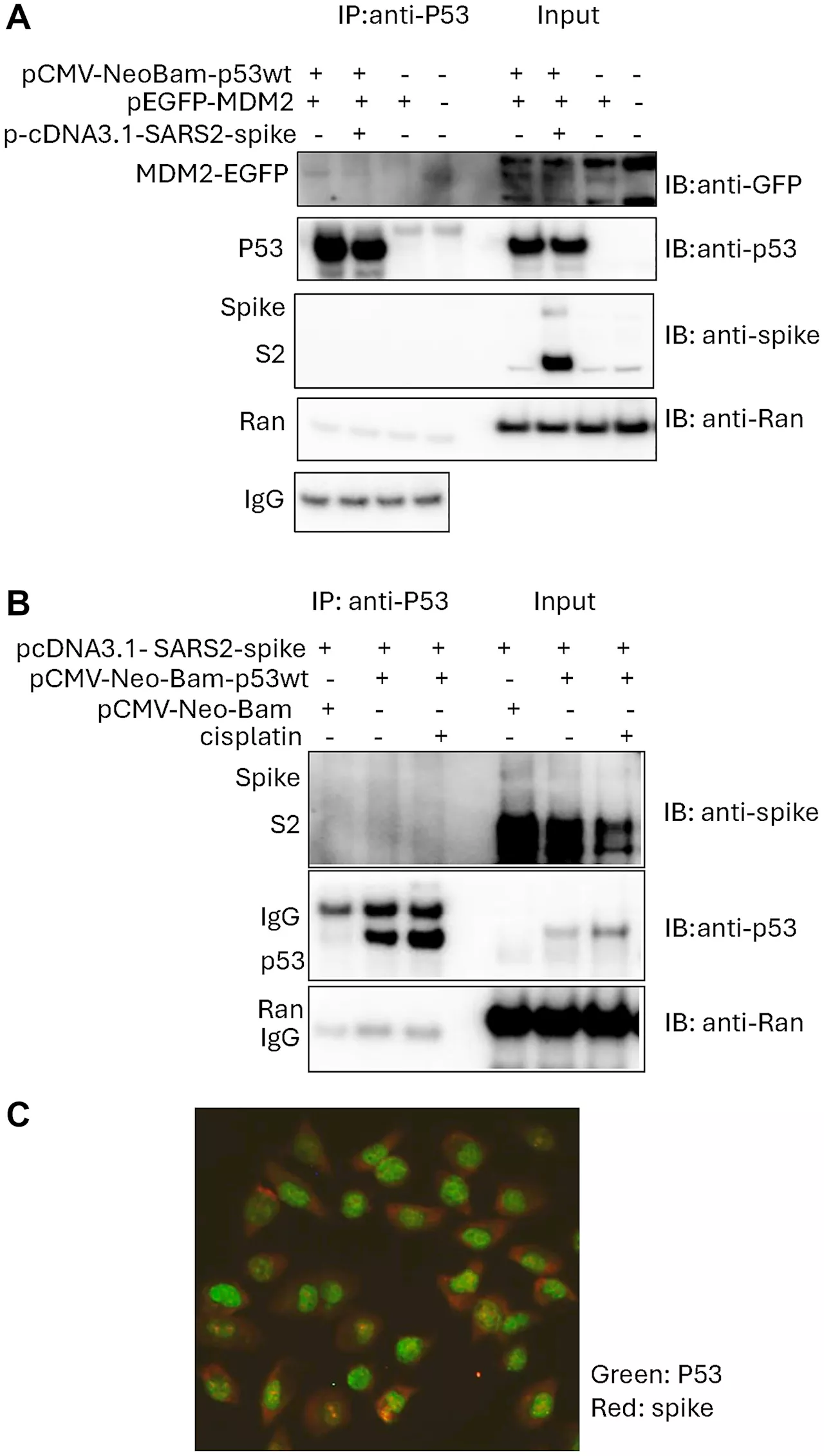Announcing a new article publication for Zoonoses journal. The global coronavirus disease 2019 (COVID-19) pandemic was caused by SARS-CoV-2.
May 20 2024Compuscript Ltd Announcing a new article publication for Zoonoses journal. The global coronavirus disease 2019 pandemic was caused by SARS -CoV-2. This article discussed the development of an mRNA vaccine that encoded the S protein of the Wuhan-Hu-1 strain and evaluated the long-term protection potential against SARS -CoV-2 variants.
Mice were initially vaccinated with 2 doses of LVRNA009, then boosted 8 months later. The virus neutralization titers against SARS-CoV-2 variants and antigen-specific T cell responses of the mice were determined. These animals were also tested using viral challenge experiments. Moreover, a phase II clinical study was carried out in 420 healthy adults.
LVRNA009 vaccination induced neutralization antibodies and protected mice from SARS-CoV-2 original and Omicron BA.1.1 challenge 8 months post-boosting. A second booster dose of LVRNA009 further enhanced VNTs against Omicron variants. Clinical studies showed that LVRNA009 has good safety and immunogenicity profiles in humans.
LVRNA009 could provide long-term protection against SARS-CoV-2 variants and confer better protection with a booster dose. These findings indicate that LVRNA009, a vaccine designed based on the original virus, might be effective in management of the COVID-19 pandemic.Journal reference:Liu, J., et al. . Long-Term Protection from SARS-CoV-2 Variants in Mice by a Phase II Clinically Evaluated Original mRNA Vaccine Booster. Zoonoses. doi.org/10.15212/zoonoses-2023-0060.
SARS-Cov-2 Vaccine Coronavirus Covid-19 Omicron Pandemic Protein Virus
United States Latest News, United States Headlines
Similar News:You can also read news stories similar to this one that we have collected from other news sources.
 New study identifies mechanism of immune evasion of SARS-CoV-2 and variantsA new study has revealed important insights into how SARS-CoV-2 and its variants escape the immune system. The findings pave the way for new therapeutic approaches against COVID-19.
New study identifies mechanism of immune evasion of SARS-CoV-2 and variantsA new study has revealed important insights into how SARS-CoV-2 and its variants escape the immune system. The findings pave the way for new therapeutic approaches against COVID-19.
Read more »
 Novel bispecific antibodies show promise against evolving SARS-CoV-2 variantsResearchers developed bispecific antibodies targeting both the N-terminal and receptor binding domains of SARS-CoV-2, demonstrating significant neutralization across various Omicron variants, suggesting potential for new COVID-19 treatments.
Novel bispecific antibodies show promise against evolving SARS-CoV-2 variantsResearchers developed bispecific antibodies targeting both the N-terminal and receptor binding domains of SARS-CoV-2, demonstrating significant neutralization across various Omicron variants, suggesting potential for new COVID-19 treatments.
Read more »
 Transfected SARS-CoV-2 spike DNA suppresses cancer cell response to chemotherapySevere acute respiratory syndrome coronavirus 2 (SARS-CoV-2) and COVID-19 infection has led to worsened outcomes for patients with cancer. SARS-CoV-2 spike protein mediates host cell infection and cell-cell fusion that causes stabilization of tumor suppressor p53 protein.
Transfected SARS-CoV-2 spike DNA suppresses cancer cell response to chemotherapySevere acute respiratory syndrome coronavirus 2 (SARS-CoV-2) and COVID-19 infection has led to worsened outcomes for patients with cancer. SARS-CoV-2 spike protein mediates host cell infection and cell-cell fusion that causes stabilization of tumor suppressor p53 protein.
Read more »
 SARS-CoV-2 vaccine does not increase new-onset seizure riskThere is no risk for new-onset seizure incidence for individuals receiving a severe acute respiratory syndrome coronavirus 2 (SARS-CoV-2) vaccine versus placebo, according to a review published online April 29 in JAMA Neurology.
SARS-CoV-2 vaccine does not increase new-onset seizure riskThere is no risk for new-onset seizure incidence for individuals receiving a severe acute respiratory syndrome coronavirus 2 (SARS-CoV-2) vaccine versus placebo, according to a review published online April 29 in JAMA Neurology.
Read more »
 New SARS-CoV-2 KP.2 variant defies vaccines with higher spread, study warnsStudy on the bioRxiv server reports that the SARS-CoV-2 KP.2 variant, despite lower infectivity, shows significant immune resistance and higher transmissibility compared to other variants, potentially impacting global public health and vaccine efficacy.
New SARS-CoV-2 KP.2 variant defies vaccines with higher spread, study warnsStudy on the bioRxiv server reports that the SARS-CoV-2 KP.2 variant, despite lower infectivity, shows significant immune resistance and higher transmissibility compared to other variants, potentially impacting global public health and vaccine efficacy.
Read more »
 Updated vaccine provides strong immune response against previous and emerging SARS-CoV-2 variantsNew research using live SARS-CoV-2 virus reveals an updated vaccine provides a strong immune response against previous strains and emerging variants.
Updated vaccine provides strong immune response against previous and emerging SARS-CoV-2 variantsNew research using live SARS-CoV-2 virus reveals an updated vaccine provides a strong immune response against previous strains and emerging variants.
Read more »
